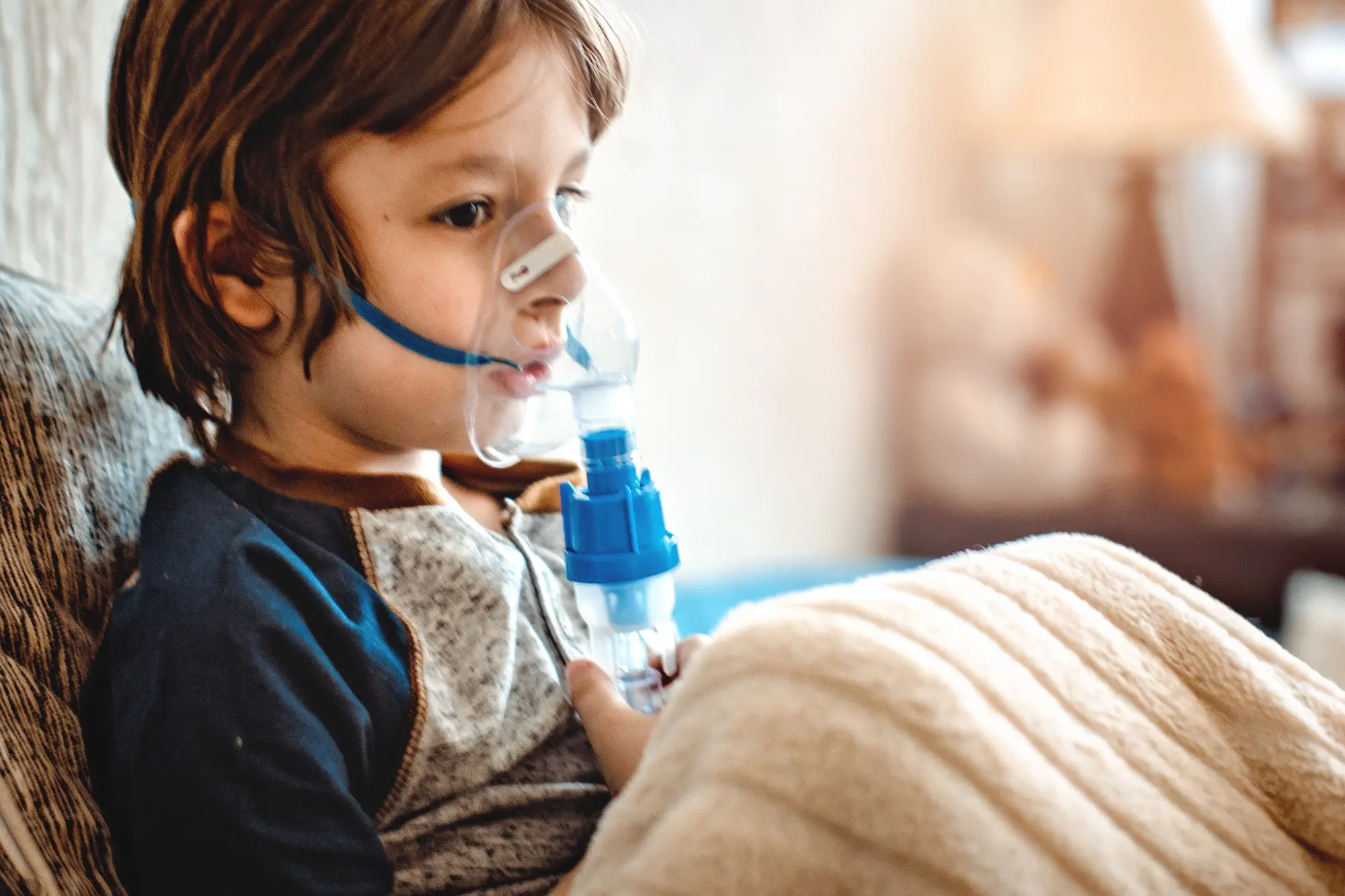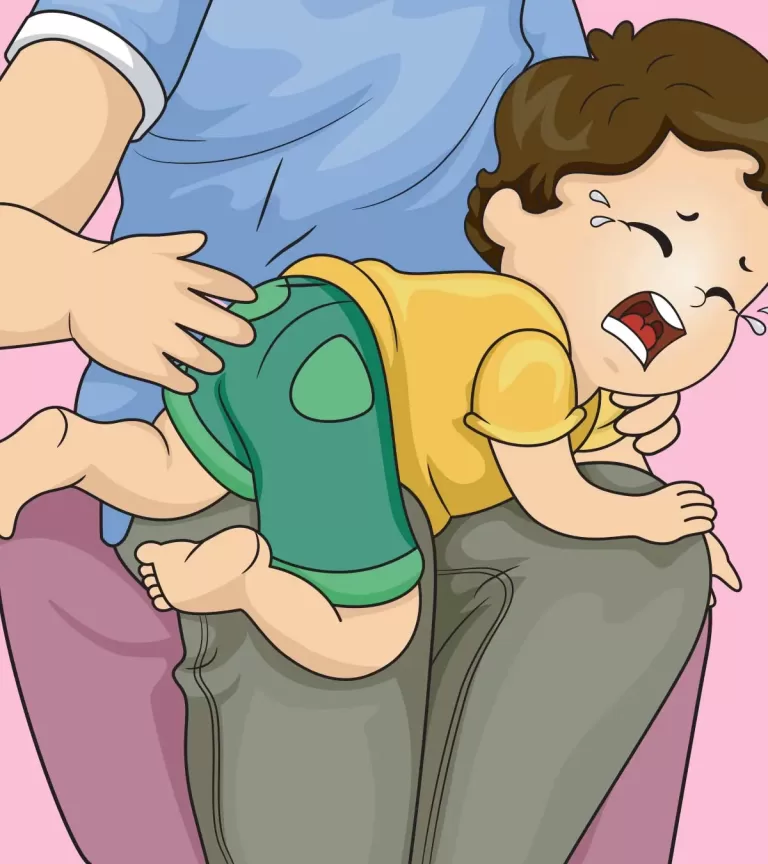
How punishments can cause asthma in children
This page may contain affiliate links. If you choose to purchase after clicking a link, I may receive a commission at no extra cost to you.
Asthma is a chronic condition that affects the airways and causes symptoms such as wheezing, coughing, and shortness of breath. Asthma can be triggered by various factors, such as allergens, infections, exercise, or emotions. However, one factor that is often overlooked is the role of punishments in causing or worsening asthma in children.
Punishments are any actions that are intended to cause pain, discomfort, or distress to a child as a way of correcting their behavior or teaching them a lesson. Punishments can be physical (such as spanking, hitting, or pinching), verbal (such as yelling, scolding, or threatening), or psychological (such as ignoring, isolating, or shaming). Punishments can have negative effects on a child’s physical and mental health, as well as their social and emotional development.
One of the possible effects of punishments is asthma exacerbation. This means that punishments can make asthma symptoms worse or more frequent in children who already have asthma, or even trigger asthma attacks in children who do not have a diagnosis of asthma. There are several mechanisms by which punishments can cause asthma exacerbation:
- Punishments can induce stress and anxiety in children, which can activate the sympathetic nervous system and cause bronchoconstriction (narrowing of the airways) and inflammation (swelling and mucus production) in the lungs.
- Punishments can damage the child’s self-esteem and sense of security, which can affect their immune system and make them more susceptible to infections and allergens that can trigger asthma.
- Punishments can interfere with the child’s adherence to asthma medication and management plan, which can reduce their asthma control and increase their risk of exacerbations.
- Punishments can create a negative cycle of behavior and emotions, where the child may act out more to cope with the pain and distress caused by the punishments, which may lead to more punishments and more asthma symptoms.
Therefore, it is important for parents and caregivers to avoid using punishments as a way of disciplining or educating their children, especially if they have asthma or are at risk of developing asthma. Instead, they should use positive parenting strategies that are based on respect, empathy, communication, and guidance. Some examples of positive parenting strategies are:
- Praising and rewarding the child for good behavior and achievements
- Setting clear and consistent rules and expectations for the child
- Explaining the reasons and consequences of the rules and expectations
- Giving the child choices and opportunities to express their opinions and preferences
- Listening to the child’s feelings and needs and validating them
- Helping the child solve problems and cope with challenges
- Providing the child with a safe and supportive environment
- Seeking professional help if needed
Adverse Childhood experiences (ACE’s)
Adverse childhood experiences (ACEs) are traumatic events that occur in a child’s life, such as abuse, neglect, violence, or economic hardship. ACEs can have lasting negative effects on a child’s physical and mental health, including increasing the risk of developing asthma.
According to several studies, children who are exposed to three or more ACEs are more likely to have asthma than children who have no ACEs . Moreover, ACEs can also worsen the impact of environmental factors, such as air pollution, on asthma . The mechanisms by which ACEs influence asthma are not fully understood, but they may involve biological, psychological, and behavioral pathways.
For example, ACEs may alter the immune system and increase inflammation, which can trigger or exacerbate asthma symptoms . ACEs may also affect the child’s emotional regulation and coping skills, leading to increased stress and anxiety, which can also worsen asthma .
Additionally, ACEs may influence the child’s health behaviors, such as smoking, physical activity, and medication adherence, which can affect asthma management and outcomes . Therefore, it is important to screen for and address ACEs in children with asthma, as well as to prevent or reduce their exposure to ACEs in the first place. By doing so, we can improve the quality of life and health of children with asthma and potentially prevent the onset of asthma in some children.
Summary
By using positive parenting strategies, parents and caregivers can not only prevent or reduce asthma exacerbations in their children, but also promote their overall health and well-being.








Leave a Comment